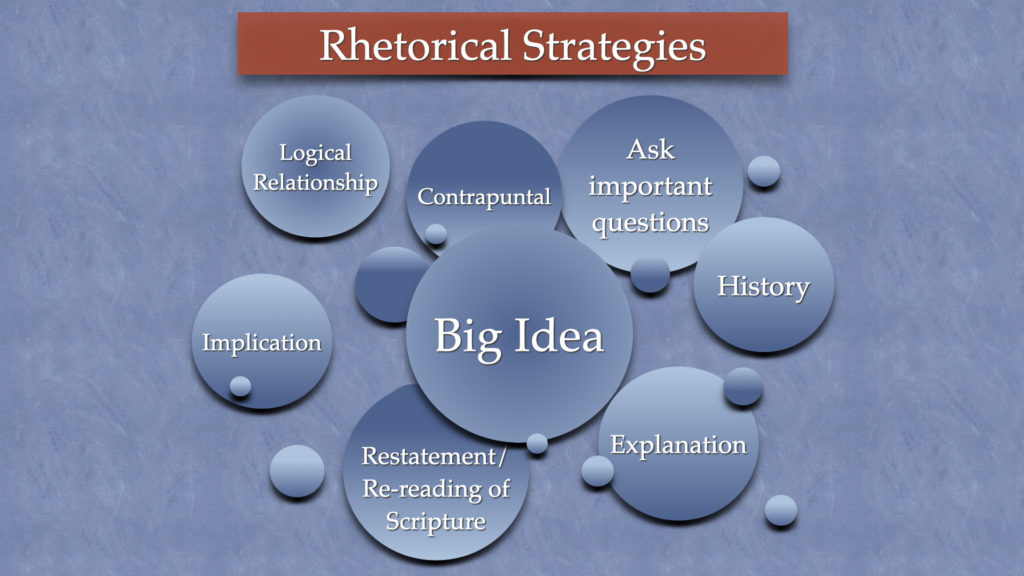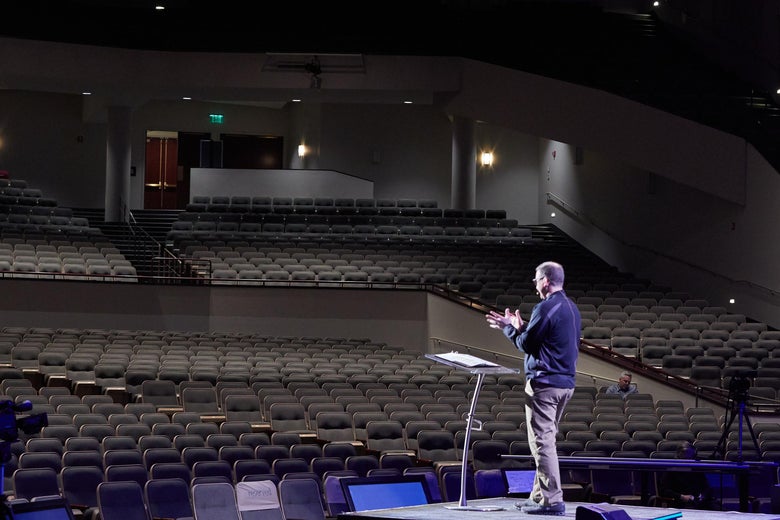
I’m not quite there yet, but getting closer to Numbers 14:8 which contained my selected general theme for my study: “He will bring us into this land.” The parallels between their journey and ours are one way Numbers is extremely relevant to faith-families.
Chapter 13 also provides critical information for our journey. God will certainly bring us home, but it will require faith-driven courage.
Here’s the path I took our folks through:
- God has promised to give us LifePlus (vv. 1-16)
- But it isn’t all roses (vv. 17-29)
- So, will it be faith or fear? (vv. 30-33)
The narrative begins with God’s command to send the spies into the Promised Land. Their distribution shows that everyone of God’s children has this gift from the Lord.
Our listeners need to see from the second paragraph that this journey will not be easy. In v. 22, for instance, we read, “the descendants of Anak, were there.” Yikes! No wonder Moses said a bit earlier, “Be of good courage…” (v. 20). I worded it, “it isn’t all roses,” but that section does contain some: “That place was called the Valley of Eschol, because of the cluster…” (v. 24). You can see both the encouraging and frightening news in vv. 27-28: “It flows with milk and honey….However, the people who dwell in the land are strong, and the cities are fortified and very large.” Bummer.
So, Caleb attempts to lead them up to occupy the land reasoning, “for we are well able to overcome it” (v. 30). Every man that went up with him said the opposite, “We are not able to go up against the people, for they are stronger than we are” (v. 31).
Every day our folks make a decision on which report to believe, Caleb’s good one, or the “bad report” (v. 32).
If you’d like to experience a Christo-centric reading of Numbers 13, one option is in v. 16 and the special attention drawn to Joshua (our Jesus). And because He was overcome on the cross, we are overcomers through Him on our journey. Caleb’s right because of the promises of God-in-Christ.
This kind of relevance is one of the reasons why our Lord receives glory in the church and in Christ Jesus (Ephesians 3:21) when Numbers is preached.
Randal











